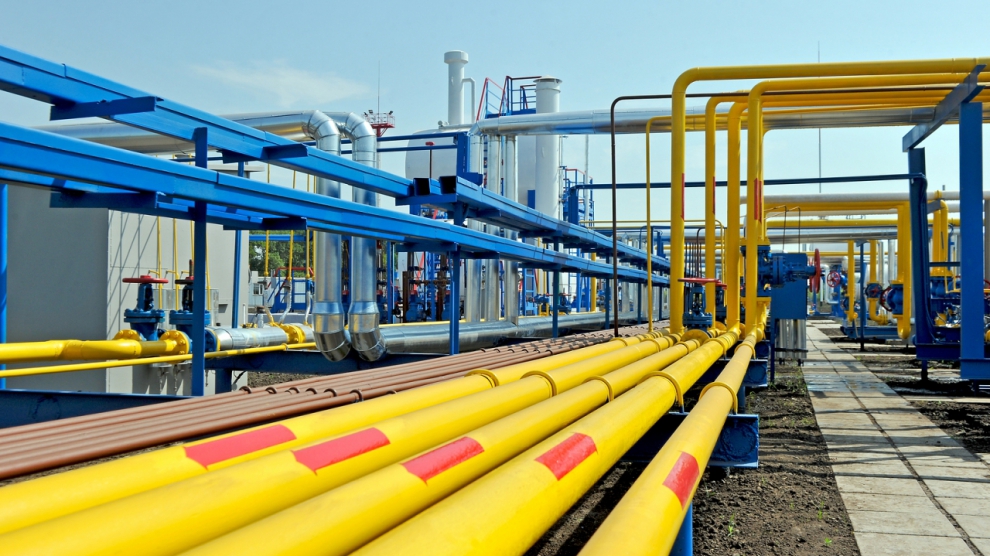Natural gas reserves in the Ukraine’s underground storage facilities (USFs) reached 18.8 billion cubic metres on September 1, with gas imports amounting to close to 70 million cubic metres a day, the Ukrainian press has reported.
“This is the highest level of storage reserves in the past seven years,” Sergey Makohon, the strategic and business development director of Ukrtransgaz, the gas storage arm of Ukraine’s national gas company Naftogaz said in a statement, adding that gas imports from Europe amounted to 69.1 million cubic metres a day.
The company said that the record-high imports were being achieved due primarily to the increased volume of seasonal gas transfer from Poland to Ukraine, which rose to an annual 6.4 billion cubic metres.
By maintaining the current daily injection rate, Ukraine will be able to accumulate 21 billion cubic metres of gas reserves by the start of the winter, the company stated.
Fearing that Russia will decide to halt gas transits through Ukraine once the Nord Stream 2 pipeline running from Russia to Germany through the Baltic Sea is completed, Ukraine has been accumulating gas reserves from European partners.
While Russian officials have stated that it would be open only to a short-term gas deal, Ukraine is still hoping for a long-term supply deal, with the EU having proposed a 10-year agreement that maintains an annual 60 billion cubic metres of transit volume.
According to Energy Reporters, however, Russian gas giant Gazprom remains committed to making a deal since, for the company, a direct supply deal with Ukraine is more important than gas transit. “Without a doubt, the main issue is the supply of gas to the Ukrainian market. This is a matter of bilateral negotiations between Russia and Ukraine,” Gazprom CEO Aleksey Miller reportedly told Russian president Vladimir Putin, adding that Ukrainian consumers would pay 25 per cent less if they purchased gas from Russia instead of Europe.
Trilateral talks between the EU, Russia and Ukraine are scheduled for September 19.
“I am convinced that progress would send a strong positive signal to the market as well as consumers ahead of the winter season,” European Commission vice president for energy Maroš Šefčovič said on September 10.

